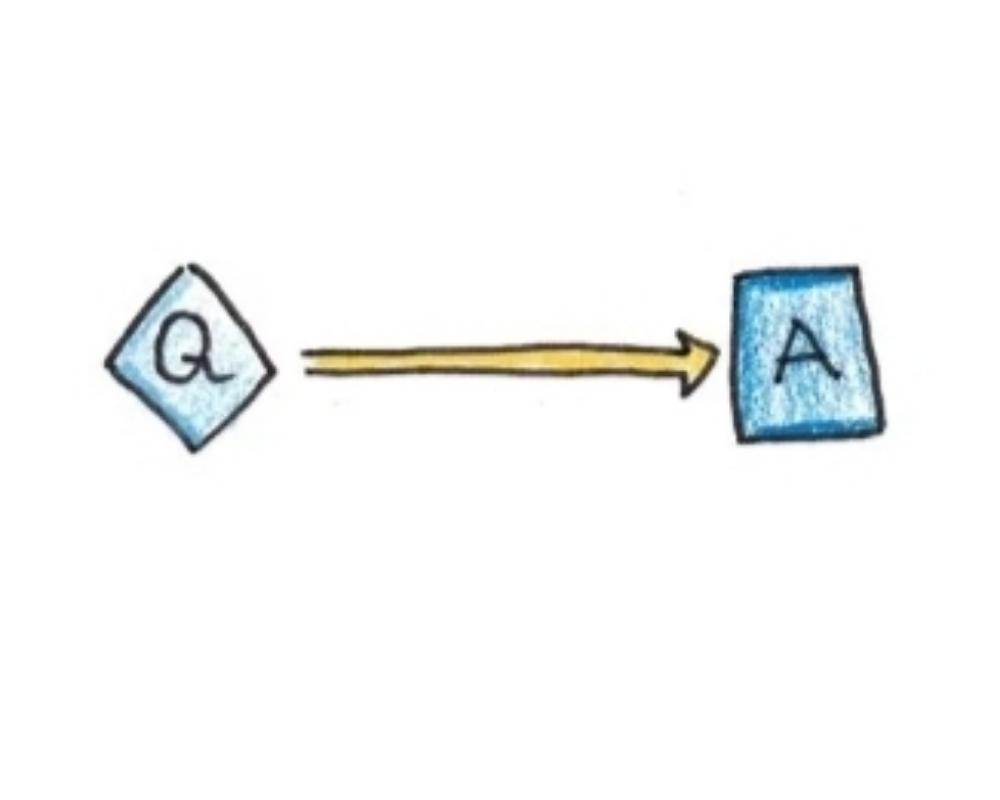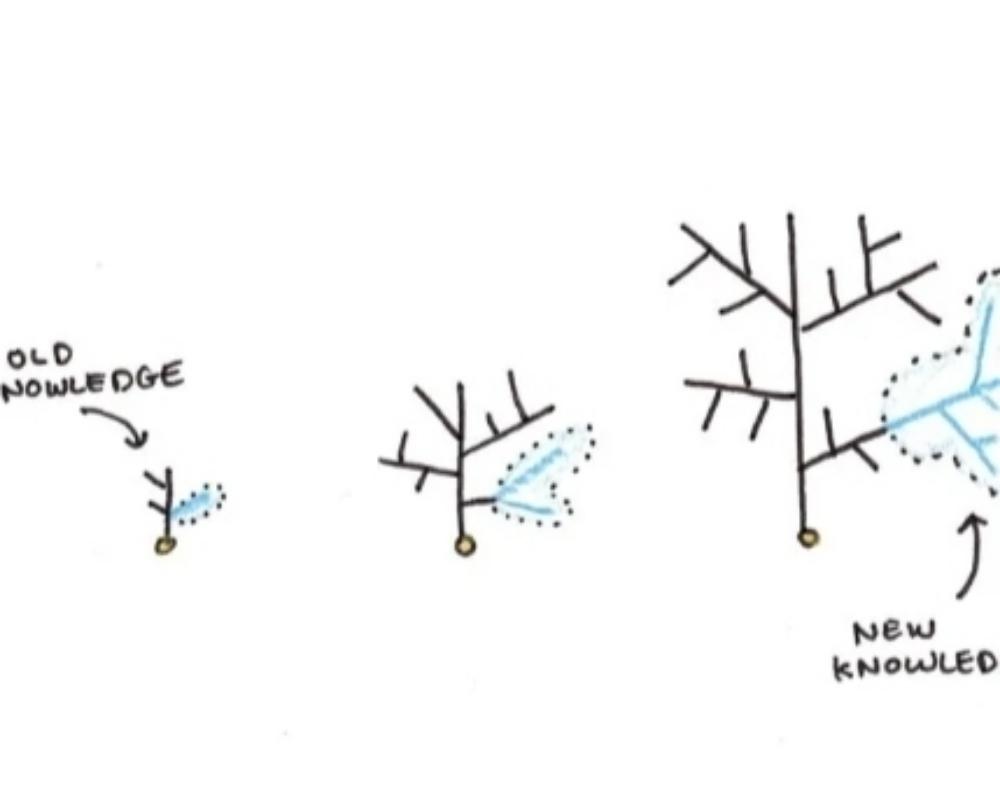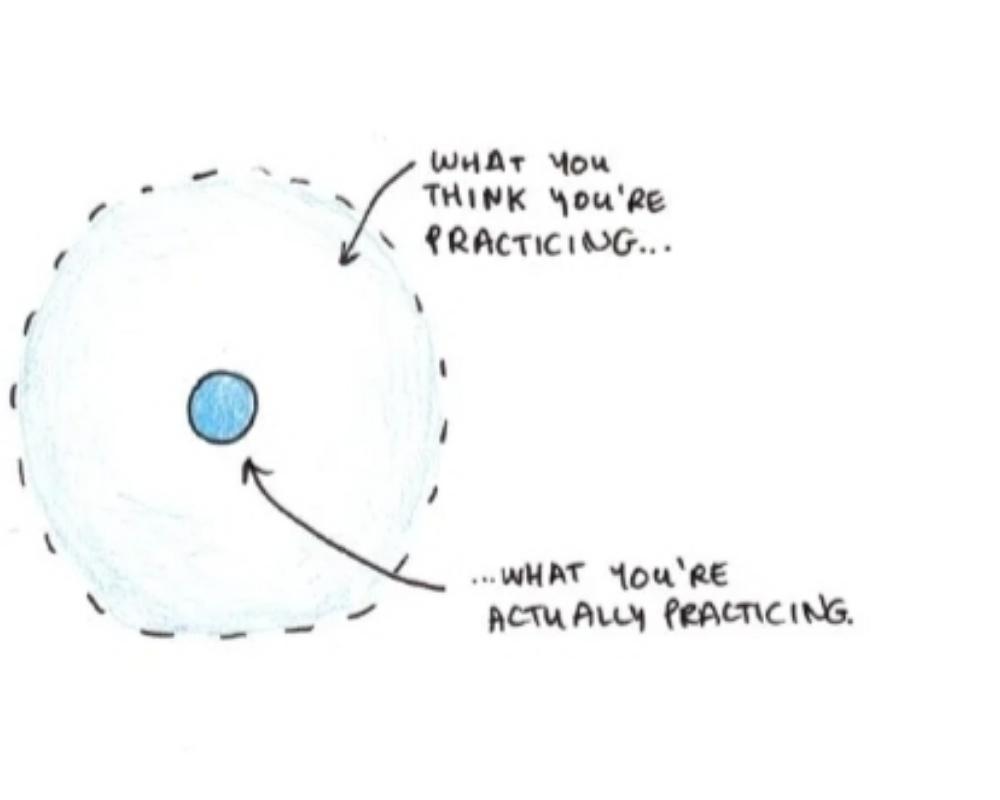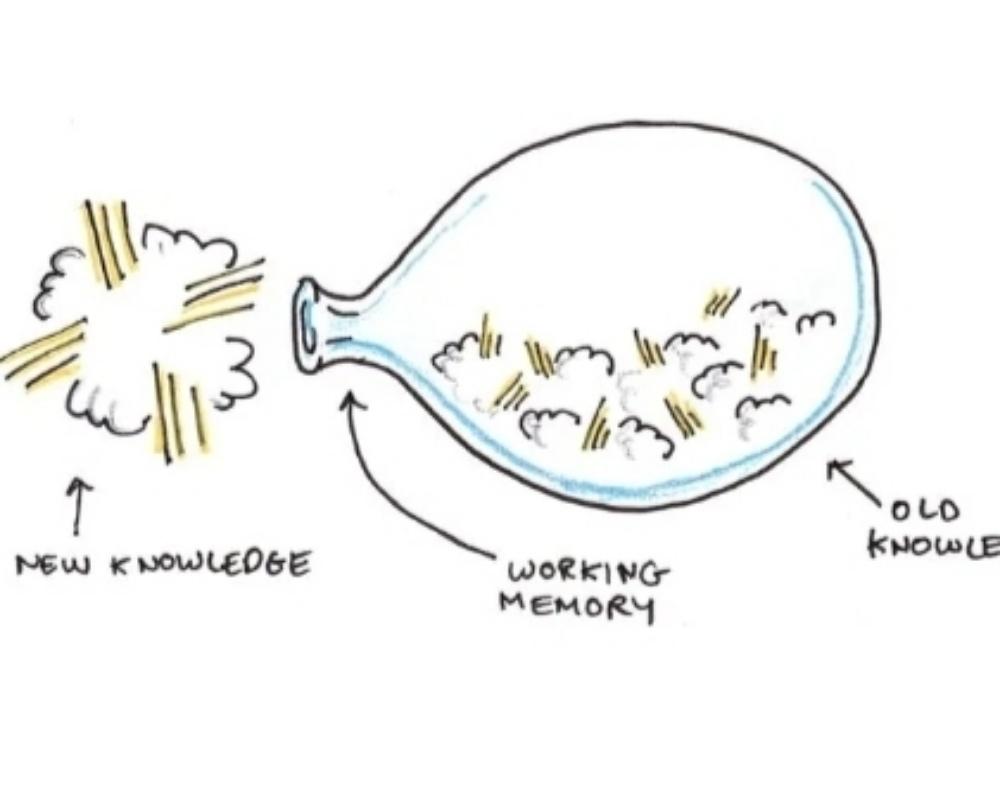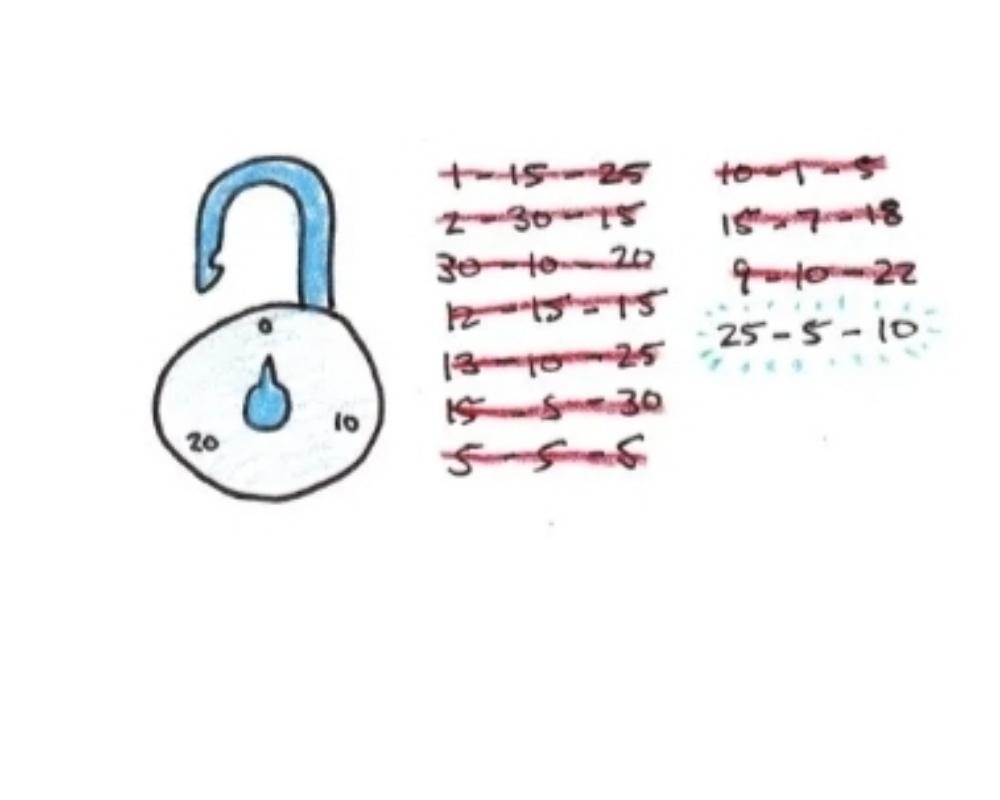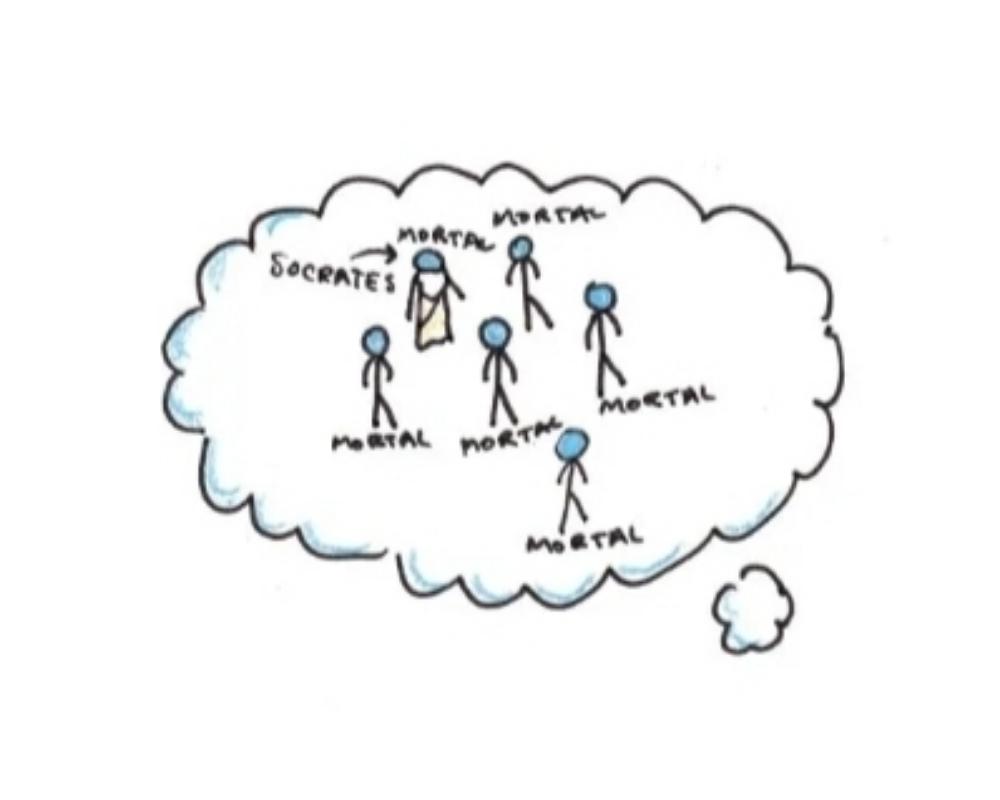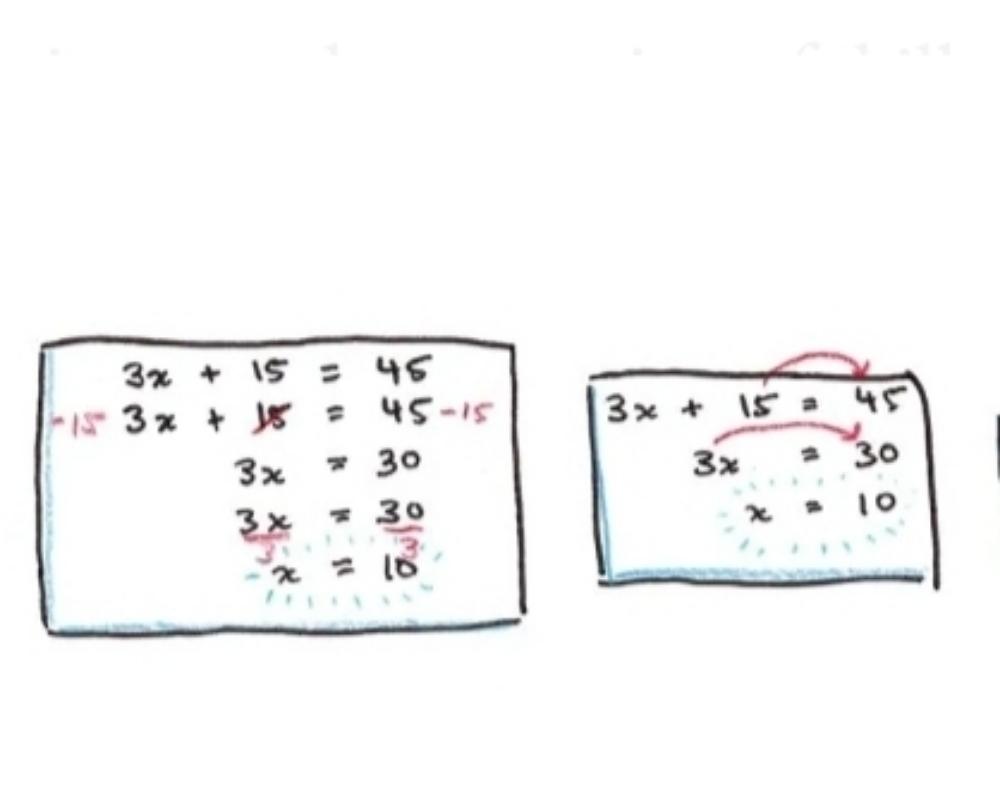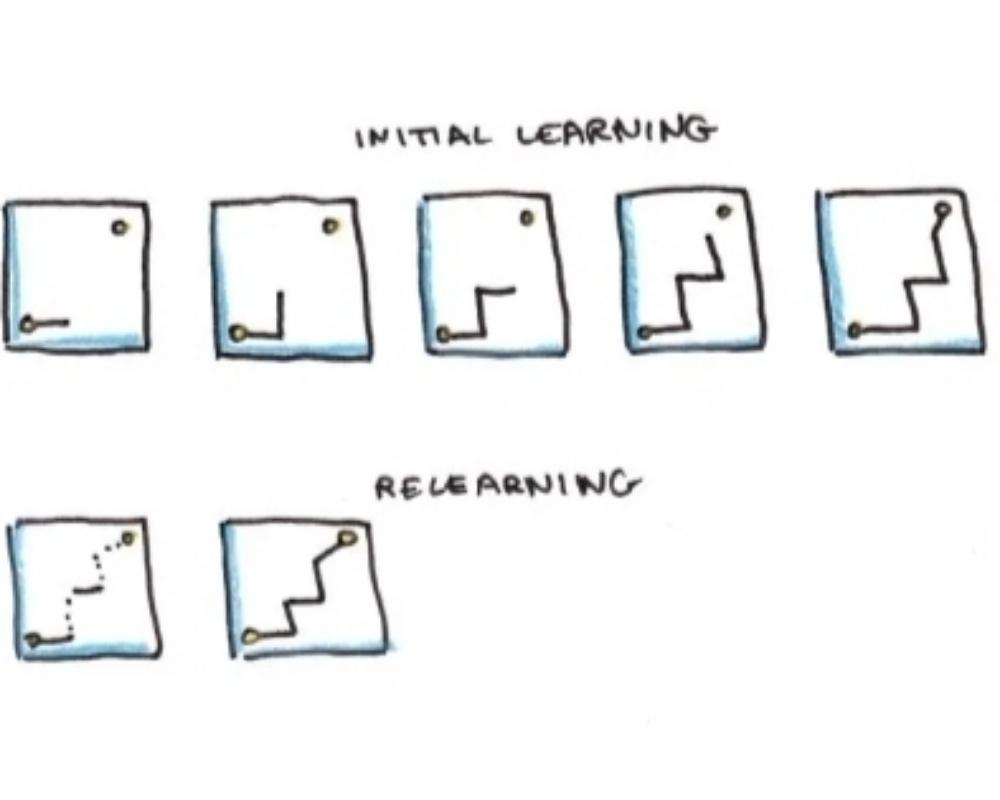10 Mental Models For Learning Anything
Curated from: betterhumans.pub
Ideas, facts & insights covering these topics:
12 ideas
·19.5K reads
107
8
Explore the World's Best Ideas
Join today and uncover 100+ curated journeys from 50+ topics. Unlock access to our mobile app with extensive features.
10 Mental Models For Learning Anything
A mental model is a general idea that can be used to explain many different phenomena. Supply and demand in economics, natural selection in biology, recursion in computer science, or proof by induction in mathematics — these models are everywhere once you know to look for them.
253
2.45K reads
1. Problem solving is search.
Herbert Simon and Allen Newell launched the study of problem solving with their landmark book, Human Problem Solving. In it, they argued that people solve problems by searching through a problem space.A problem space is like a maze: you know where you are now, you’d know if you’ve reached the exit, but you don’t know how to get there. One implication of this model is that, without prior knowledge, most problems are really difficult to solve. Learning is the process of acquiring patterns and methods to cut down on brute-force searching.
274
2.18K reads
2. Memory strengthens by retrieval.
Retrieving knowledge strengthens memory more than seeing something for a second time does. Testing knowledge isn’t just a way of measuring what you know — it actively improves your memory. In fact, testing is one of the best study techniques researchers have discovered. Retrieval only works if there is something to retrieve. This is why we need books, teachers and classes. When memory fails, we fall back on problem-solving search which, depending on the size of the problem space, may fail utterly to give us a correct answer.
267
1.88K reads
3. Knowledge grows exponentially.
How much you’re able to learn depends on what you already know. Research finds that the amount of knowledge retained from a text depends on prior knowledge of the topic. This effect can even outweigh general intelligence in some situations. This process has limits, of course, or knowledge would accelerate indefinitely. Still, it’s good to keep in mind because the early phases of learning are often the hardest and can give a misleading impression of future difficulty within a field.
262
1.71K reads
4. Creativity is mostly copying.
Few subjects are so misunderstood as creativity. We tend to imbue creative individuals with a near-magical aura, but creativity is much more mundane in practice. Even in fine art, the importance of copying has been neglected. Yes, many revolutions in art were explicit rejections of past trends. But the revolutionaries themselves were, almost without exception, steeped in the tradition they rebelled against. Rebelling against any convention requires awareness of that convention.
264
1.6K reads
5. Skills are specific.
Transfer refers to enhanced abilities in one task after practice or training in a different task. In research on transfer, a typical pattern shows up:
Practice at a task makes you better at it.
Practice at a task helps with similar tasks (usually ones that overlap in procedures or knowledge).
Practice at one task helps little with unrelated tasks, even if they seem to require the same broad abilities like “memory,” “critical thinking” or “intelligence.”
253
1.48K reads
6. Mental bandwidth is extremely limited.
Since the 1980s, cognitive load theory has been used to explain how interventions optimize (or limit) learning based on our limited mental bandwidth. This research finds:
Problem solving may be counterproductive for beginners. Novices do better when shown worked examples (solutions) instead.
Materials should be designed to avoid needing to flip between pages or parts of a diagram to understand the material.
Redundant information impedes learning.
Complex ideas can be learned more easily when presented first in parts.
260
1.37K reads
7. Success is the best teacher.
A good rule is to aim for a roughly 85% success rate when learning. You can do this by calibrating the difficulty of your practice (open vs. closed book, with vs. without a tutor, simple vs. complex problems) or by seeking extra training and assistance when falling below this threshold. If you succeed above this threshold, you’re probably not seeking hard enough problems — and are practicing routines instead of learning new skills.
260
1.28K reads
8. We reason through examples.
How people can think logically is an age-old puzzle. Since Kant, we’ve known that logic can’t be acquired from experience. Somehow, we must already know the rules of logic, or an illogical mind could never have invented them.
In 1983, Philip Johnson-Laird proposed a solution: we reason by constructing a mental model of the situation.
To test a syllogism like “All men are mortal. Socrates is a man. Therefore, Socrates is mortal,” we imagine a collection of men, all of whom are mortal, and imagine that Socrates is one of them. We deduce the syllogism is true through this examination.
243
1.13K reads
9. Knowledge becomes invisible with experience.
Skills become increasingly automated through practice. This reduces our conscious awareness of the skill, making it require less of our precious working memory capacity to perform. Think of driving a car: at first, using the blinkers and the brakes was painfully deliberate. After years of driving, you barely think about it.
255
1.15K reads
10. Relearning is relatively fast.
Forgetting is the unavoidable fate of any skill we don’t use regularly. Hermann Ebbinghaus found that knowledge tapers off at an exponential rate — most quickly at the beginning, slowing down as time elapses.
Relearning is a nuisance, especially since struggling with previously easy problems can be discouraging. Yet it’s no reason not to learn deeply and broadly — even forgotten knowledge can be revived much faster than starting from scratch.
263
1.11K reads
IDEAS CURATED BY
Similar ideas
1 idea
The price of anything...
brainyquote.com
11 ideas
10 Uncommon Habits To Beat 99% of Population
betterhumans.pub
7 ideas
Read & Learn
20x Faster
without
deepstash
with
deepstash
with
deepstash
Personalized microlearning
—
100+ Learning Journeys
—
Access to 200,000+ ideas
—
Access to the mobile app
—
Unlimited idea saving
—
—
Unlimited history
—
—
Unlimited listening to ideas
—
—
Downloading & offline access
—
—
Supercharge your mind with one idea per day
Enter your email and spend 1 minute every day to learn something new.
I agree to receive email updates


